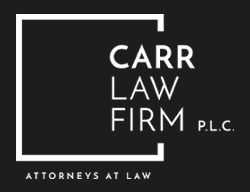Surely, a little falsehood isn’t that big of a deal during a divorce, right? After all, couples who aren’t getting along often start hiding information from each other and letting go of those deceptions can be uncomfortable, at best.
Think again. A divorce case out of Michigan recently made the national news because one half of the couple — a former judge — lied during their litigated divorce about some electronic data she deleted. Caught in the lie, she was ultimately charged with perjury. When she pled guilty, she was hit with a jaw-dropping six-month jail sentence.
This case is a sharp reminder that perjury — lying under oath — subverts the entire legal system. During a divorce, you have to stick to the facts, no matter what. You should also keep in mind that perjury can include lies of omission — such as when you intentionally omit some of your income from the forms you submit to the court that will be used to calculate the spousal support you must pay or will receive.
Aside from imprisonment, the consequences of perjury during your divorce proceedings could include:
- Fines and penalties, including unfavorable financial judgments or reversals
- All of the associated problems of having a criminal record, including public humiliation
- The potential loss of your professional license due to the nature of your conviction
- Other unfavorable judgments regarding custody or support
- The loss of your job, vehicle, apartment and other items during your incarceration
Aside from always telling the “whole truth and nothing but the truth” when you’re making statements under oath, make sure that you have experienced legal counsel that can help you navigate the other pitfalls common to divorce.

